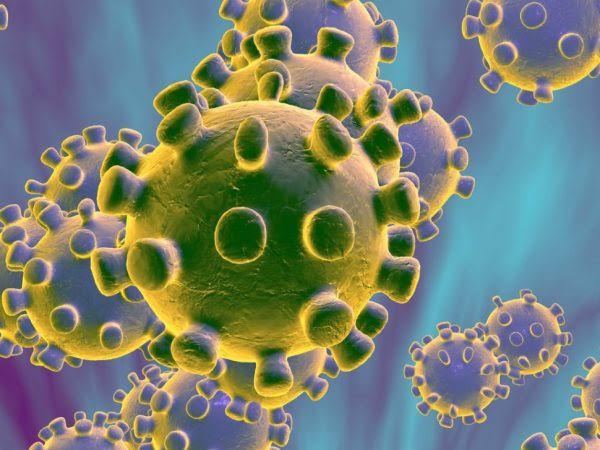The Director-General of the Nigeria Centre for Disease Control (NCDC), Dr Chikwe Ihekweazu, says that collective responsibility is required to contain the spread of COVID-19 in the country.
SEE ALSO: Letter to my Son, Sanusi Lamido Sanusi by Baba Ahmed Joda
Ihekweazu said this during a media roundtable on COVID-19 organised by the centre on Thursday in Lagos.
He said that citizens should support government’s response by sharing information from only verified sources, stressing that the present declaration of COVID-19 as pandemic calls for facts and not fear.
Ihekweazu urged the media to shun sensationalism in their reports but play vital role in national emergency by promoting facts, stirring positive actions, dispeling fear and rumour among the populace.
According to him, solidarity is necessary to contain the virus spread.
He said that China was recording success in reducing its case of COVID-19 due to the mobilisation of the whole country in response to the virus.
Ihekweazu said that government would intensify its efforts of enhancing surveillance at the ports and encourage 14 days isolation of people that come from countries with confirmed cases.
The director-general noted that maintaining thorough hand washing and respiratory hygiene among Nigerians should be imbibed as a way of life and not only during outbreaks.
He urged the public to disregard all rumours of new COVID-19 cases in Abuja, stressing that there were only two confirmed cases of COVID-19 in Nigeria.
He said they were being managed at the Infectious Disease Hospital in Lagos.
Ihekweazu said that the National Coronavirus Emergency Operations Centre meeting continues to hold daily with NCDC coordinating the response to COVID-19 in Nigeria.
Dr Ismail Abdus-Salam, Lagos State Epidemiologist and COVID-19 Incident Manager, said that the state, considering its vulnerability to infectious disease, had learnt lessons from the Ebola episode of 2014 and reflected the experience in its level of preparedness.
Abdus-Salam said that at the Emergency Operations Centre (EOC), efforts were being strengthened to reduce the risks of another importation of the virus.
He said that the state was implementing several structures and strategies to reduce its vulnerability and improve its capacity to manage outbreak.
Commenting, Dr Fiona Braka, Officer-in-Charge, World Health Organisation (WHO), Abuja, said WHO’s advice to countries was to implement a whole-of-government, whole-of-society approach built around a comprehensive strategy to prevent infections, save lives and minimise impact.
Braka commended Nigeria’s response to WHO guidance, adding that risk communication was an important pillar of emergency response.



Leave a Reply